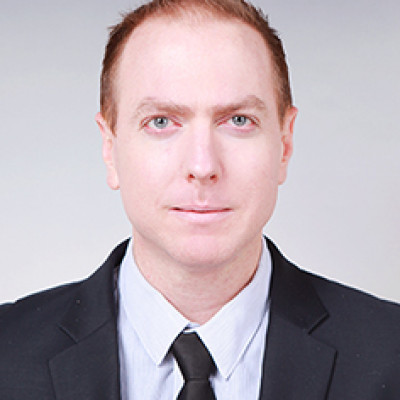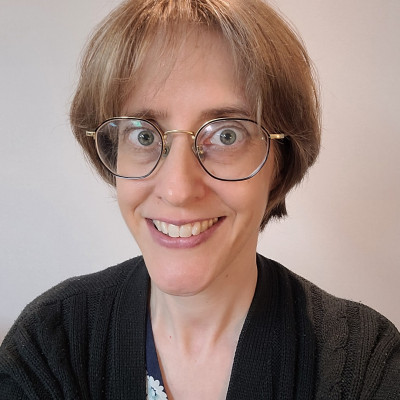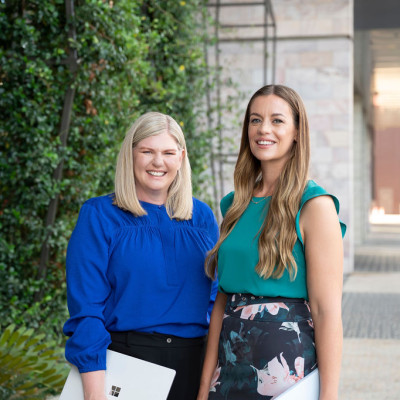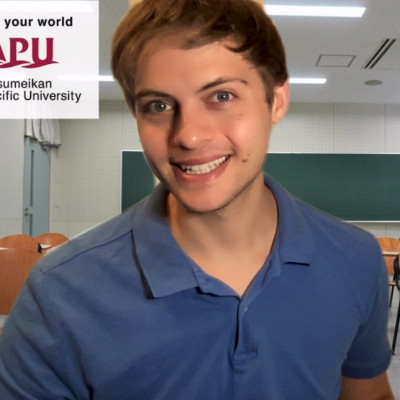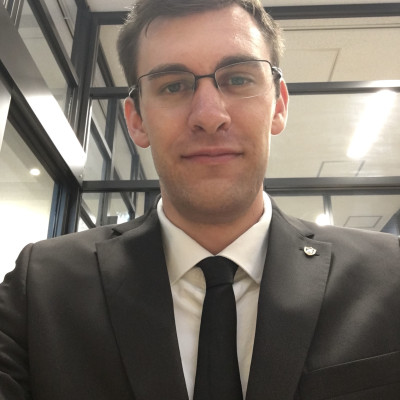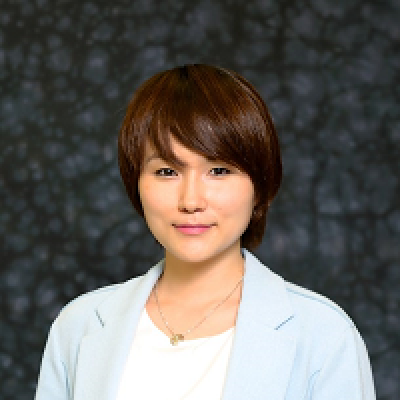Sessions / Location Name: P105
Physical Location
Location: P105
Building: Prime < Sookmyung Women's University, Seoul
Meet the SIGs "Pizza Party" Lunch #3837
KOTESOL Special Interest Groups
Special Interest Groups (SIGs) are your way to connect with like-minded English teachers. Our KOTESOL SIGs have online communities on both our website and Facebook. Some also have offline activities, often in collaboration with chapters. This Meet the SIGs "Pizza Party" Lunch event at the 2023 KOTESOL International Conference will give KOTESOL members an opportunity to hear more about what SIGs have to offer. It will also allow you to ask any questions you may have. A limited number of pizza slices (2~3 pizzas, one vegetarian option), will be available to KOTESOL members on a first-come-first-served basis.
To help organizers prepare for the event, please RSVP via the link: https://forms.gle/zWeHMEy8WiTk8DtDA
Advancing Global Education (GE) in EFL Classrooms #3586
As our planet continues to face significant challenges, such as war, pandemics, social inequality, climate change, and human rights violations, students are directly impacted and may struggle to cope. Global Education (GE) is a pedagogical approach that offers students the opportunity to engage in meaningful discussions about relevant issues, challenge their perspectives, and improve their English abilities. Proponents of using global issues as content argue that it increases multicultural awareness, develops tolerance for different opinions and other cultures, promotes self-reflection, and enhances valuable skills such as problem-solving and critical thinking. The workshop will begin by addressing the components of a GE framework. Then, the presenters will focus on activities and materials, student reflections, and, through audience participation, discuss some of the challenges and limitations. The session will conclude with a Q&A.
A teaching framework for supporting cognitive academic language proficiency in EMI classrooms. #3511
There is an established need for EMI teachers to access professional development that focuses not only on increasing language proficiency, but also on EMI specific student-centred methodology which develops discipline-specific literacy (British Council 2021; Nieto Moreno de Diezmas and Fernandez Barrera, 2021; Lasagabaster, 2022). This practical workshop is aimed at EMI teachers and those who support their teaching and professional development. It presents a principles-based framework to planning and delivery, enabling teachers to: · Pinpoint opportunities for student-centred tasks; · Select classroom language to set up tasks and give feedback; · Identify discipline-specific cognitive academic language proficiencies (CALP) required to complete tasks; · Source appropriate language support resources to scaffold learning. Workshop participants will be guided through the framework to plan a section of their lesson as practice in using the framework for future lessons. The template can be used to collaborate with English language professionals within their institutions.
Lights, Camera, Interaction: Developing the Four Skills Through Collaborative Filmmaking Projects #3481
In recent years, the number of CLIL (Content and Language Integrated Learning) classes has increased dramatically in universities across Asia. While the approach is intended to increase student independence, my observations suggested that classes are often lecture-based and teacher-centred. Learner interviews revealed further problems: some students’ independent research was performed in their L1, and some struggled with understanding and discussing new concepts in English. This led to the development of a CLIL-based class for university students in Japan, in which groups of learners collaborated on creating short movies. This presentation will outline some elements of the course, from learning basic screenwriting, to rehearsal of actors, and finally to making a five-minute narrative film. Questionnaire responses show that the students’ motivation increased throughout the course, and that their confidence in using the Four Skills improved. These findings have implications for wider use of collaborative activities to improve L2 motivation and competence.
Maximizing Communication: Promoting Translanguaging in a Multilingual Task-based English/Japanese Project Course #3462
The use of L1 in the language classroom is a highly contested concept; however, an increasing number of studies have identified positive outcomes directly tied to L1 integration and learners’ target language development (Carstens, 2016; Scopich, 2018; Yamaguchi, 2018). Specifically linked to increasing a learner’s self-efficacy, confidence, and willingness to communicate (WTC), translanguaging has proved to be an invaluable pedagogical tool in language classrooms. In the Japanese context, WTC has been shown to be a strong determining factor in student output of their target language, particularly concerning group-focused activities (Aubrey, 2011; Yamaguchi, 2018). Using field notes, a pre-and post-class survey, and interviews with participants, this study explores the possibilities and challenges of a Japanese/English communication class where translanguaging was encouraged. The findings of the study suggest that promoting translanguaging in the language classroom positively impacted student self-efficacy as language learners and their WTC.
Bringing English vowels to life: Vowel instruction for Korean learners of English #3483
Though Korean contains less than half of the vowel sounds in the English language, the lion’s share of pronunciation instruction tends to go to consonants. This is understandable, as consonants often possess more obvious points of contact that are easier for uncertain teachers to surmise and convey to students. With the aim of stripping away this uncertainty that educators often cite as a barrier to teaching pronunciation, in this introductory workshop, we will examine the vowels that frequently pose a problem for our Korean learners of English, the reasons behind those problems, and clear ways of describing proper articulation. We will also gain hands-on experience as we go beyond ‘repeat after me’ and explore practical applications of oral, audio, visual and tactile techniques, activities, and cheats for teaching pronunciation that make learning not only impactful, but also enjoyable for our learners.
Mental Health and the Intersections of a Korean University EFL Classroom #3461
Mental health may be a neglected piece of the solution for those who want to embrace the vocation of an educator to both see their students succeed in learning English and have full meaningful lives. This workshop will provide a brief overview of the buzzwords "mental health" and lay out some useful definitions for a more helpful discussion of the topic. Then the workshop will engage in conversations to think about how the three spaces of higher education, Korea, and EFL affect mental health. The presentation will conclude by giving some resources which students and educators might find helpful.
Exploring artificial intelligence (GPT-4) in TESOL: How the field should be ready #3375
The emerging artificial intelligence (AI) and its capacity to generate illustrations and texts using the enormous amount of data available on the internet have received researchers’ attention lately. Especially, strong AI systems such as GPT-4 can generate “poetry, dialogue, puns, literary parodies, and storytelling” (Branwen, 2020, Creative fiction section) as well as academic papers with references (Thunström, 2022) by using its “state-of-the-art machine learning algorithm” (Thunström & Steingrimsson, 2022, p. 3). In this three-part workshop, the presenter will first briefly introduce emerging artificial intelligence (AI), specifically focusing on its capability in academic writing (10 minutes). Then the audience will try GPT-based platforms to see how AI can generate texts written in academic or other genre-specific languages (30 minutes). Finally, the audience will together discuss the potentials and risks that such AI can impose in the field of TESOL, and how the field should be ready (10 minutes).
Practical Inquiry in Peer and Teacher Tandem Response #3381
Digital tools like Google Docs and portfolios enable numerous affordances for peer and teacher response, but few studies have researched both practices operating in tandem. The potential of a tandem approach encourages metacognition with socialization as the teacher models, guides and interacts with student-peer groups. This potential also describes practical inquiry (PI) approaches to learning, as PI emphasizes problem solving and critical thinking by means of community. As most forms of feedback are meant to encourage critical thinking in feedback for revision purposes, this study investigates a PI approach to conducting and investigating tandem feedback. 12 students in an English composition class completed four short essay drafts, followed immediately by tandem response activities. The researcher examined response for indicators of PI labels as triggering events, explorations, integrations and resolutions. The study also investigated students’ perceptions of how these practices helped their metacognition.
Audio Projects: ebook narration, voice over, radio play, podcasting #3396
An audio project can be any audio-centric project. This could be in the form of a journal, narrating an audiobook, video voice over, it can be an interview, a discussion, a performance. It can be scripted or unscripted. It can include speaking, singing, music, and sound effects. It really can be as simple or complex as you and your students want it to be. You can do it with existing tools like a smartphone or you can break the bank with the latest and greatest high tech equipment.
On the pedagogic side it offers four-language-skills practice, it’s project based, it offers opportunities for collaboration, team building and cooperation. It challenges students to explore the creative side of their entertainment devices, and finally it allows your students to take their English language practice outside of the classroom in as public a form as they dare.


